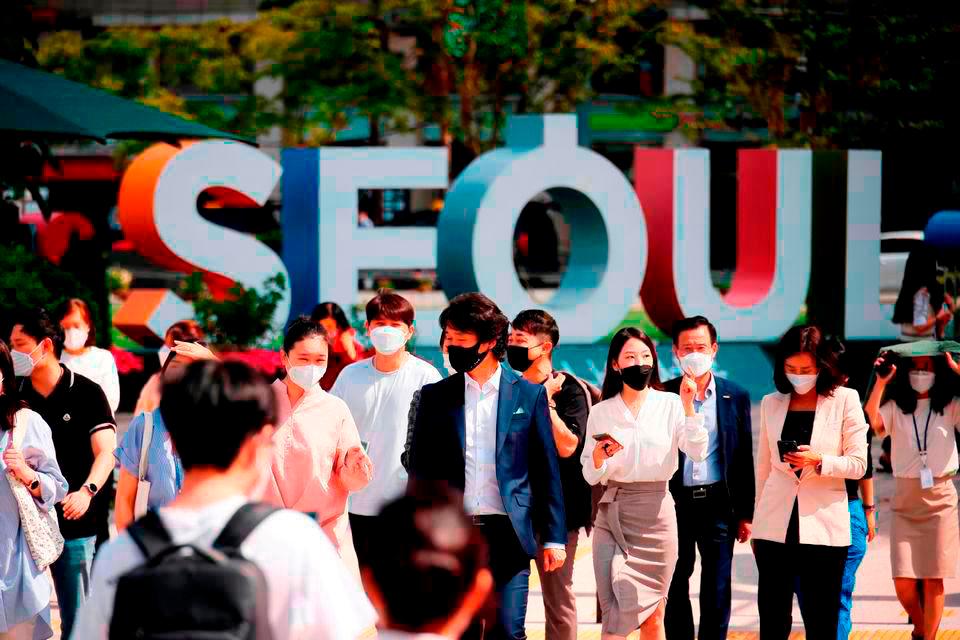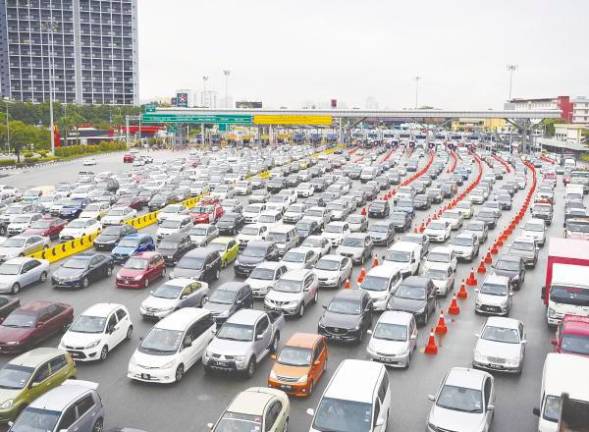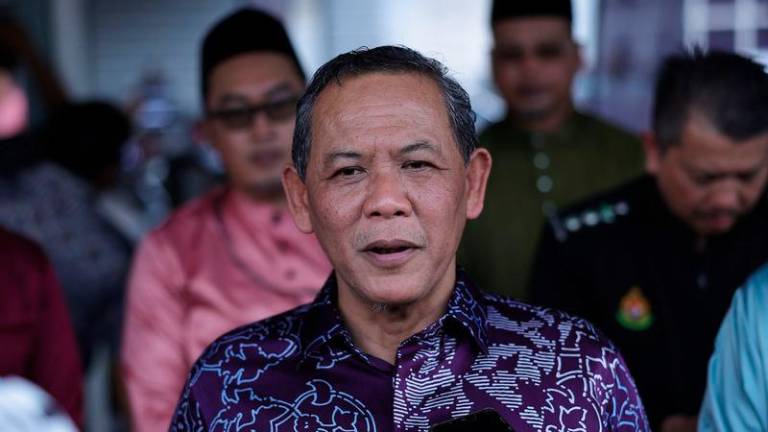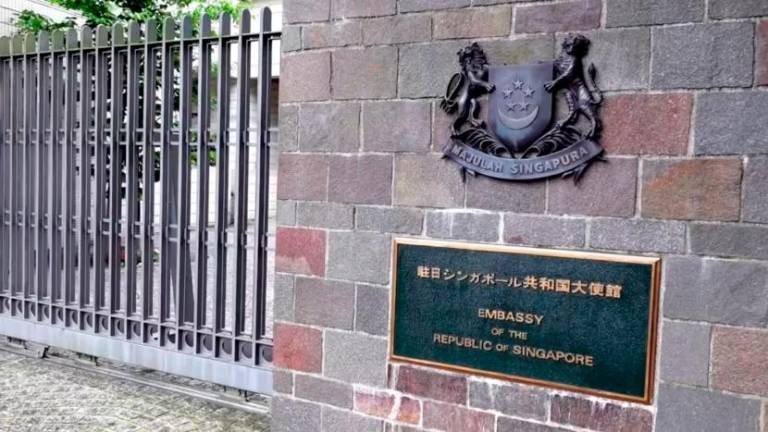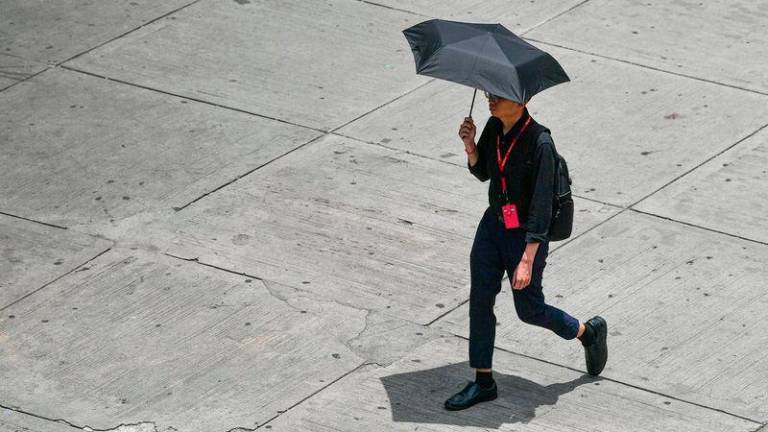SEOUL: South Korea is set to fully shift to an “endemic” approach to the Covid-19 pandemic, lifting some last-remaining mandates, including indoor mask requirements for hospitals, from next month, officials said Friday.
The disaster level of Covid-19 will be downgraded to the lowest tier in South Korea in a way that fully returns to a pre-pandemic stage some four years after the outbreak, Yonhap news agency quoted the health authorities
The Central Disaster and Safety Countermeasures Headquarters (CDSCH) said it will lower the four-grade Covid-19 crisis level from the second highest “alert” to the lowest “concern” from May 1.
“The current epidemic situation itself is very stable, with a low fatality rate and no particularly dangerous variants observed,“ the CDSCH said.
The decision came more than four years after the country's first case of Covid-19 was reported on Jan 20, 2020.
Consequently, some remaining mandatory indoor mask requirements for hospitals and other facilities will be completely lifted, and government-level response organisations, such as the CDSCH, which has overseen disaster-controlling measures since the Covid-19 outbreak, will be disbanded.
Most of the government's medical assistance will be also brought to an end.
The government will no longer cover Covid-19 testing or hospitalisation costs for some severely ill patients, while patients will have to pay partly for Paxlovid, an oral anti-viral pill.
While the Covid-19 vaccine will continue to be freely available to everyone until the 2023-2024 season, it will subsequently be limited to high-risk groups, such as individuals, aged 65 and above, and those who are immunocompromised.
The health authorities emphasised the importance of personal responsibility despite the downgrade in crisis level.
“Although the crisis level has been downgraded, we must prioritise rest when unwell for the betterment of society,“ said Jee Young-mee, who heads the CDSCH.
“If you experience symptoms of Covid-19, please promptly seek medical attention and adhere to personal quarantine practices, including frequent handwashing.”



